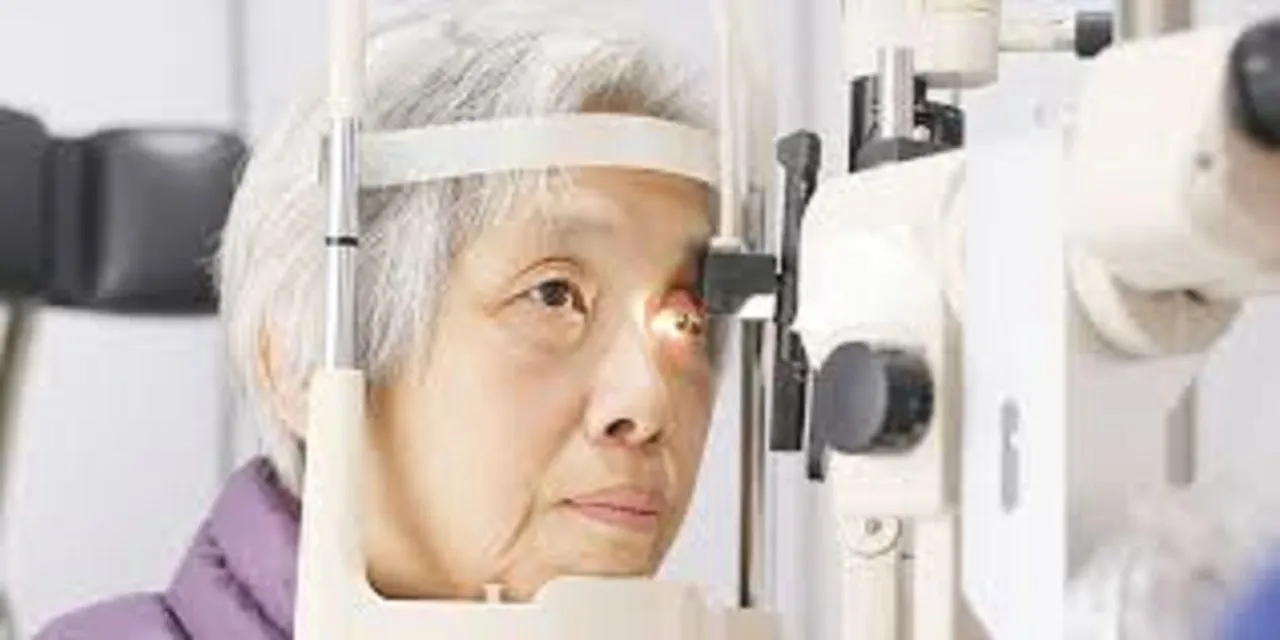
Losing your sight can profoundly impact your life, affecting everything from connections to experiences. Our eyes serve as a window to the world, and when vision is lost, it can be a devastating experience for many individuals.
Vision loss is an escalating healthcare issue that affects over 160 million people worldwide. Despite its prevalence, effective treatment options for many eye diseases remain limited or non-existent.
Astellas is dedicated to supporting individuals with vision loss and envisions a future where eye diseases are both treatable and preventable. Over the past decade, the company has built a leading early-stage ophthalmic pipeline that merges expertise in eye biology with innovative technologies.
World Sight Day, observed annually on the second Thursday in October, provides a crucial opportunity to raise awareness about blindness and vision impairment. While this is an important topic every day, Astellas, a Band A member of the International Agency for the Prevention of Blindness (IAPB), used this occasion to collaborate with the eye health community, amplifying patient needs and urging policymakers to provide better support.
Understanding Patient Needs
Astellas is driven by the urgency to help patients overcome the challenges posed by vision loss. Stephen Head joined Astellas five years ago, bringing a wealth of experience in patient advocacy and healthcare, including work as a pediatric nurse in HIV, immunology, and infectious diseases.
With a growing global population, particularly among those aged 65 and older, the prevalence of vision loss is a rising concern. Age-related decline in eyesight negatively impacts patients’ physical and mental health, increasing the risk of injuries, falls, and social isolation. Stephen focuses on building strong relationships with patient advocacy groups across various disease areas, fostering collaboration to improve outcomes for those affected by vision loss.
Astellas is just beginning its journey to support and advocate for individuals with low vision. “It’s essential for us to listen to, learn from, and collaborate with those who possess experiences and insights that far exceed our own,” Stephen says.
To achieve this, Astellas aims to understand how it can effectively advocate for the vision loss community, leveraging its global reach to support and enhance the work being done by patient organizations. The company also strives to establish itself as a credible and trusted partner within the vision loss community.
Making a Difference in People’s Lives
Astellas has established a dedicated Patient Centricity division focused on understanding the patient experience, medical needs, and behavioral factors affecting care. Within this division, the Patient Partnerships team is dedicated to fostering trusted relationships with organizations like the IAPB.
In the past year, Astellas has worked to enhance its credibility and visibility among global patient organizations through open house meetings, workshops, and participation in conferences. These initiatives aim to introduce senior leadership, gain insight into what matters most to patients, and facilitate connections with the vision loss community.
Through these partnerships, Astellas actively listens, learns, and aligns its priorities with patient needs, Stephen emphasizes.
Eye Health on the Policy Agenda
Tom Fussaro, who has a background in government as a lead healthcare policy advisor in the U.S. Congress, has extensive experience in patient advocacy, including authoring legislation to support family caregivers facing economic hardship.
After transitioning to policy and government affairs in the pharmaceutical sector, Tom joined Astellas in 2012. He has worked in market access, global policy, and stakeholder strategy for the company. Along with colleague Nimesh Patel, Tom collaborates with a cross-functional team to raise awareness about the impact of Geographic Atrophy (GA) on patients, caregivers, and society.
Despite the substantial burden of vision loss, it often remains a low priority on many government policy agendas. The impact of eye health is not always recognized within health systems, partly due to third-party providers and the unpaid care provided by family members. Astellas is actively working with patient organizations, healthcare groups, and policymakers to elevate the profile of eye health, highlighting the negative effects of GA and vision loss on government policy agendas globally, Tom explains.
“We aim to underscore unmet needs to pave the way for innovative treatments and identify barriers to screening and access to care,” he adds.
Astellas is launching a toolkit of resources to educate policymakers worldwide about the specific challenges and needs of patients facing GA and vision loss.
Additionally, Astellas is collaborating directly with policymakers to submit parliamentary questions that promote awareness and action supporting patients, as well as consensus statements addressing unmet needs in GA and the importance of access to therapies.





